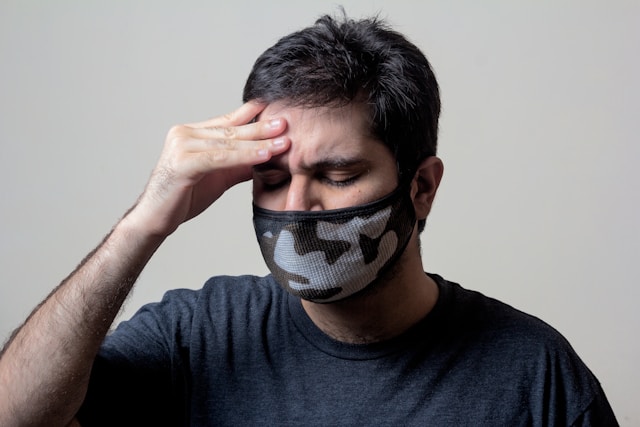
Barbie Hsu, the Taiwanese actress best known for her role in Meteor Garden, has passed away at 48 due to pneumonia caused by influenza complications. Her sister, Dee Hsu, confirmed the news through her agent on Monday, February 3.
Reports indicate that Barbie contracted influenza-induced pneumonia while on a family trip to Japan, highlighting the serious risks associated with the flu, especially while traveling.
UNDERSTANDING INFLUENZA
Influenza, commonly known as the flu, is a highly contagious viral infection that affects the respiratory system, including the nose, throat, and lungs. It spreads through airborne droplets when an infected person coughs, sneezes, or speaks. The virus can also linger on surfaces, making it easy to contract through touch.
CAUSES AND RISK FACTORS
There are three main types of influenza viruses:
- Influenza A & B – Responsible for seasonal outbreaks and epidemics. Influenza A tends to cause more severe cases and complications.
- Influenza C – Less common and typically results in milder symptoms.
While anyone can get the flu, certain groups are at higher risk of complications, including:
a. Young children under five years old
b. Elderly individuals
c. People with chronic illnesses such as asthma, diabetes, or heart disease
SIGNS AND SYMPTOMS
Flu symptoms usually develop suddenly and can include:
- High fever
- Sore throat, runny or stuffy nose
- Persistent cough
- Muscle aches and fatigue
- Headache and chills
- Loss of appetite
Image Credits: unsplash.com
- In severe cases, influenza can lead to pneumonia, bronchitis, sinus infections, ear infections, or even meningitis.
PREVENTION
Before Your Trip
a. Get a flu vaccine. It is the most effective way to reduce your risk.
b. Strengthen your immune system with a balanced diet, vitamins, and sufficient rest.
c. Purchase travel insurance that covers hospital expenses in case of illness abroad.
While Traveling
a. Stay hydrated to support your immune system.
b. Prioritize rest and sleep to allow your body to recover.
c. Carry fever reducers such as ibuprofen or acetaminophen.
d. Use steam therapy, such as sitting in a steamy bathroom or drinking warm tea, to relieve congestion.
e. Wash your hands frequently and avoid touching your face.
f. Wear a mask in crowded areas like airports and public transportation.
Flu Treatment
If you experience severe symptoms, seek medical attention as soon as possible. Antiviral medications such as Tamiflu, Xofluza, and Relenza can help shorten the duration of the illness and prevent complications. In serious cases, hospitalization may be necessary.

Image Credits: unsplash.com
IN A NUTSHELL
Traveling should be an enjoyable experience, not disrupted by illness. Taking preventive measures and knowing how to manage flu symptoms can help ensure a safe and healthy trip.
Take care of your health and travel with confidence.





